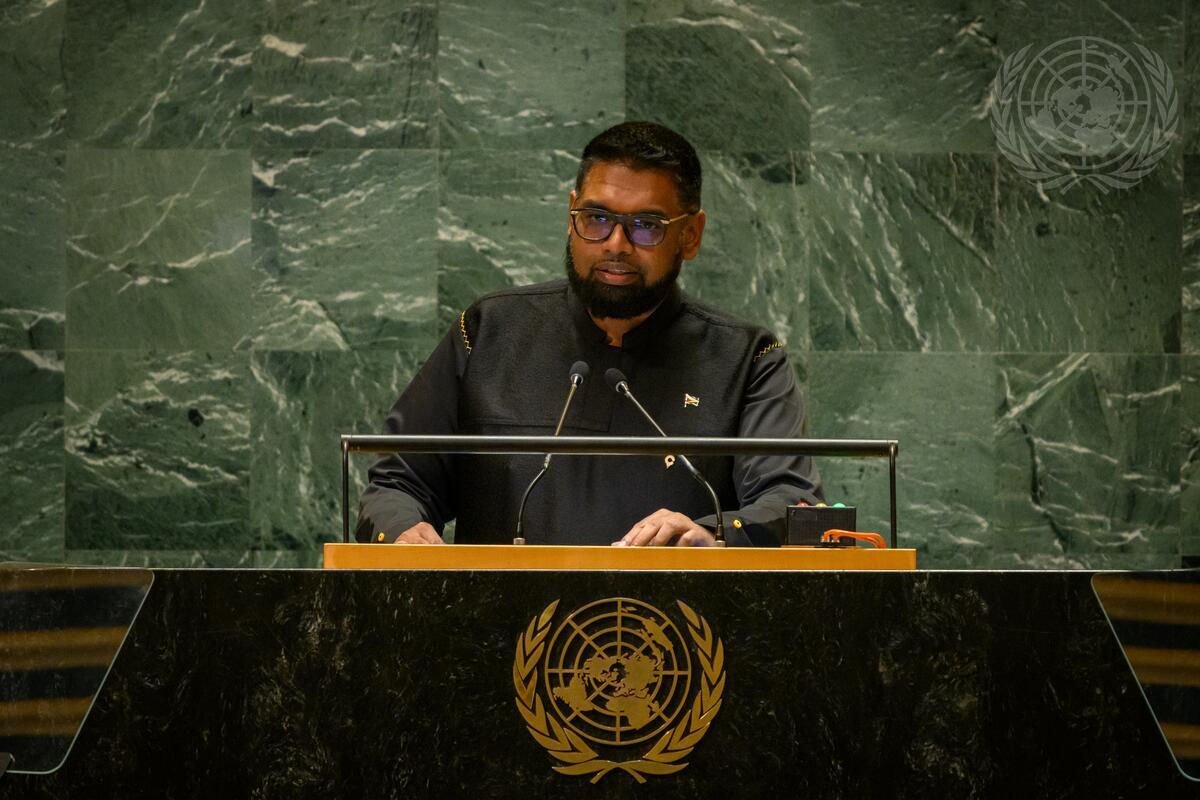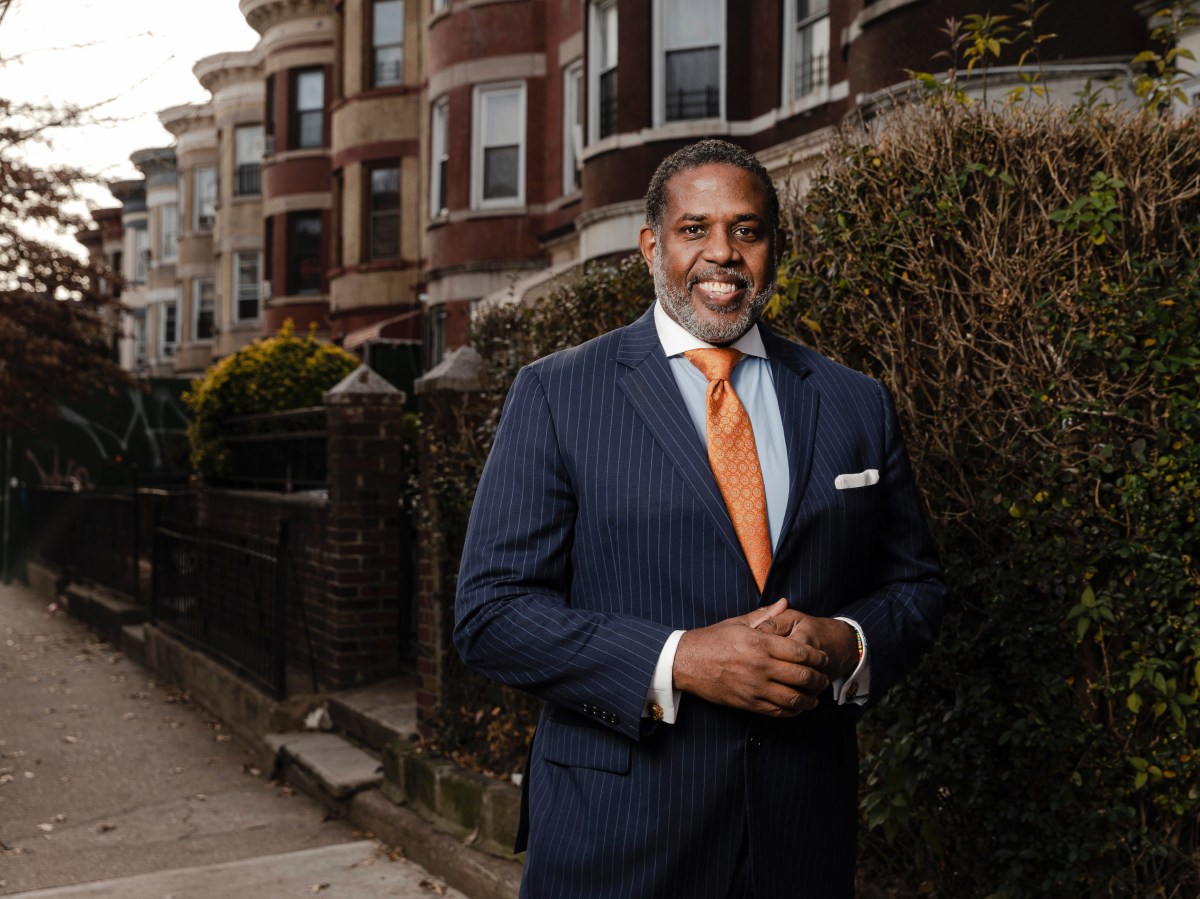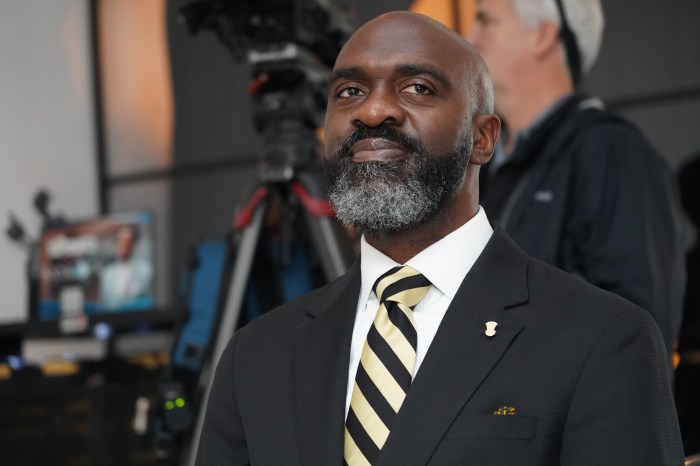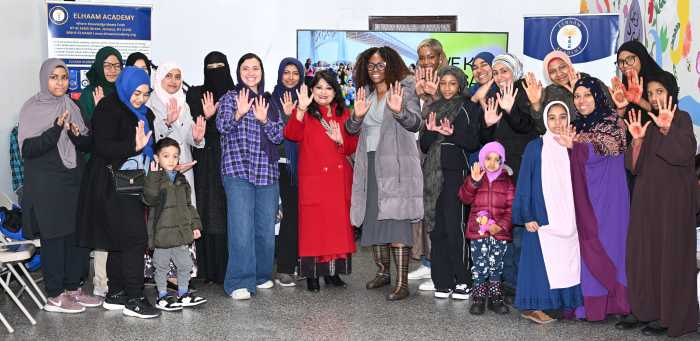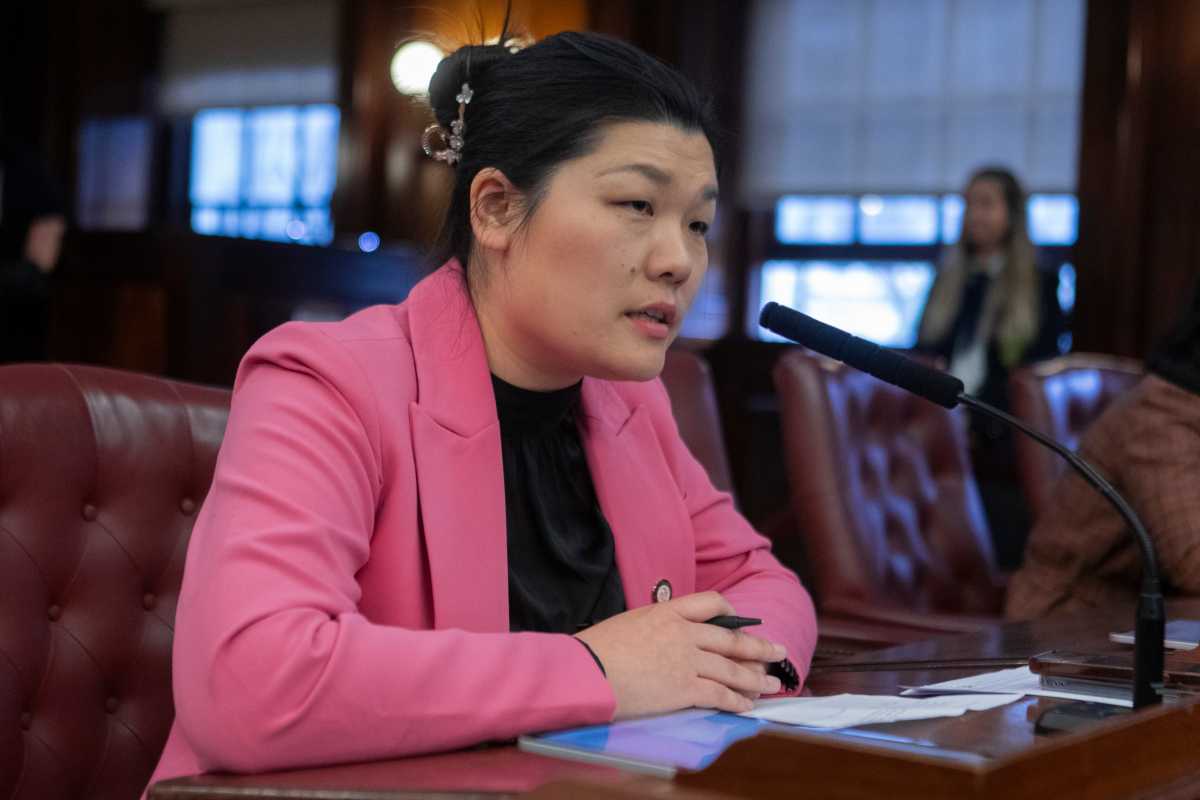The United States Department of State says new Secretary of State Maro Rubio discussed “the crisis of illegal migration” with Guyana President Irfaan Ali on Monday.
State Department Spokesperson Tammy Bruce said briefly that both parties “agreed to jointly address this regional imperative and challenge.
“The Secretary affirmed the United States’ steadfast support of Guyana’s territorial integrity in the face of Nicolás Maduro and his cronies’ bellicose actions,” Bruce added.
The discussion came as Colombia on Sunday backed down from refusing to accept deportees from the United States after US President Donald J. Trump threatened to impose stiff tariffs on goods entering the US from Colombia.
The White House said the threat was a warning to other countries, including those in the Caribbean, that may decline to accept deportees as part of Trump’s mass deportation agenda.
Colombia President Gustavo Petro had declined to accept on Sunday two US military aircrafts carrying Colombian deportees but later capitulated after Trump threatened to impose up to 50 percent tariffs on Colombian goods entering the US.
“We have overcome the impasse with the United States government,” said Colombian Foreign Minister Luis Gilberto Murillo in a statement. “We will continue to receive Colombians who return as deportees, guaranteeing them decent conditions as citizens subject to rights.”
Meantime, the president of Haiti’s transitional presidential council on Sunday described as “catastrophic” the Trump administration’s plans to deport Haitians in mass or to curtail aid to the violence-wracked, impoverished, French-speaking Caribbean country.
On the Presidential campaign trail, Trump had threatened mass deportation of Haitians and other migrants living illegally in the US.
On Monday, the New York Immigration Coalition (NYIC), an umbrella policy and advocacy organization that represents over 200 immigrant and refugee rights groups throughout New York, noted that the Trump administration, with only a week in office, has released to date a total of 10 Executive Orders (EO) and over 10 memoranda on the president’s mass deportation agenda.
“These orders are meant to attack immigrant communities, end asylum, and have a chilling effect on organizations and individuals working to support immigrants and refugees,” Murad Awawdeh, NYIC’s president and chief executive officer, told Caribbean Life.
“The list of actions is long, each with devastating impacts on immigrant communities and those seeking refuge in the United States,” he added. “These actions collectively advance an anti-immigrant mass deportation agenda on multiple fronts, with the full reach of the federal government.”
Awawdeh said NYIC analyzes Trump’s agenda in three categories: “Actions that target and harm immigrant communities living here – such as revoking the Biden policies on enforcement priorities and on sensitive locations; actions that target asylum seekers and refugees; (and) actions that go against the Constitution and the rule of law that further the mass deportation agenda”.
Awawdeh said Trump’s mass deportation agenda “will have immediate and devastating impacts on New York’s immigrant communities.”
The US State Department said Secretary Rubio also spoke on Monday with Foreign Minister of the Dominican Republic Roberto Alvarez “to reaffirm the United States’ strong partnership with the Dominican Republic, and to discuss his upcoming visit to Santo Domingo.
“Secretary Rubio thanked the Dominican Republic for agreeing to host the next Summit of the Americas and Cities Summit,” the State Department said.
It said Rubio also discussed with Alvarez “the need to strengthen hemispheric security, including in Haiti.”
In the wake of the US new foreign policy agenda, United Nations Secretary-General Antonio Guterres on Monday called on the Trump administration to consider “additional exemptions” to a directive that pauses nearly all foreign aid for 90 days.
The UN noted that Trump’s executive order a week ago called for all foreign aid to be re-evaluated to ensure that it complies with his new foreign policy priorities.
The UN said while the immediate scope of the order was not clear, on Friday, according to news reports, Rubio issued an order putting any new funding on hold, pending review.
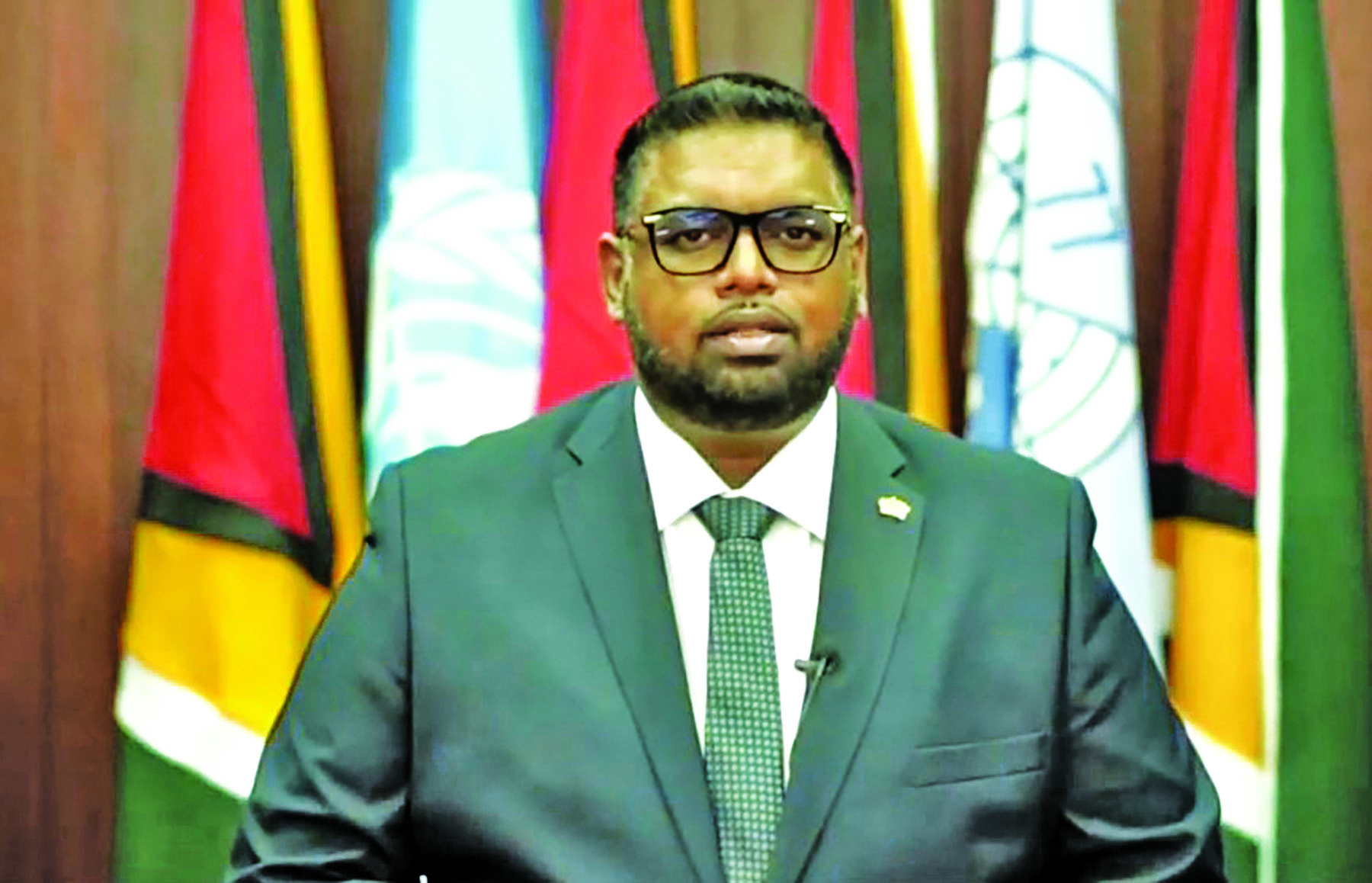
The State Department directive reportedly clarifies that funding for existing programs is also suspended until it has been reviewed, the UN said.
It said the only exceptions were reportedly for military assistance to Israel and Egypt, and emergency food aid.
“The Secretary-General notes with concern the announcement of a pause in US foreign assistance,” said the statement issued on behalf of Guterres by his spokesperson.
“The Secretary-General calls for additional exemptions to be considered to ensure the continued delivery of critical development and humanitarian activities for the most vulnerable communities around the world, whose lives and livelihoods depend on this support,” he said.
The statement added that Guterres was looking forward to engaging with the Trump administration on how “much needed development support” can be provided to citizens in the developing world, including those in the Caribbean, who face the severest challenges.
“The United States is one of the largest aid providers, and it is vital that we work constructively to jointly shape a strategic path forward,” the spokesperson said.
The UN said the US Government is the largest single donor of aid in the world, disbursing around US$72 billion in assistance during 2023.
It also reportedly provided more than 40 per cent of all humanitarian aid accounted for by the UN during 2024, the UN said.


